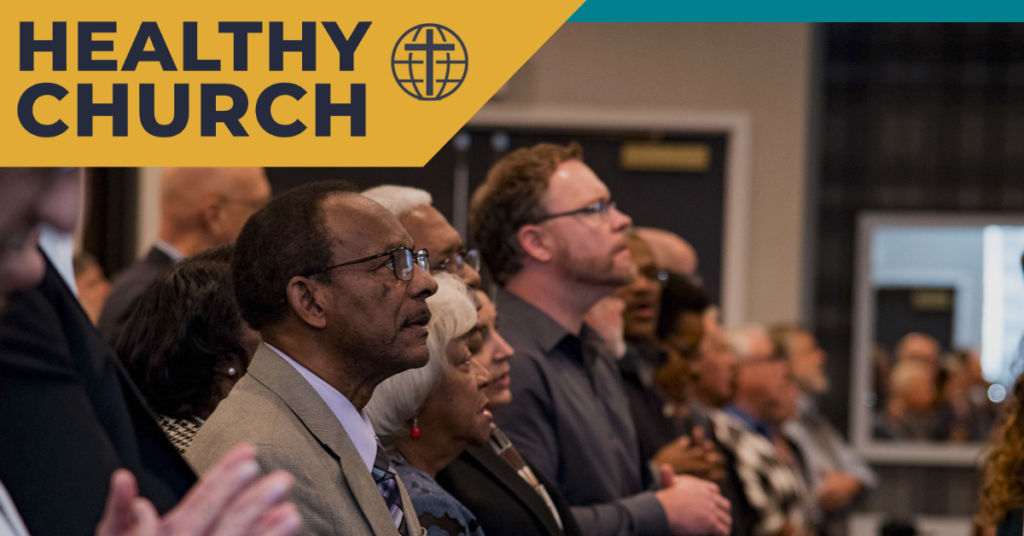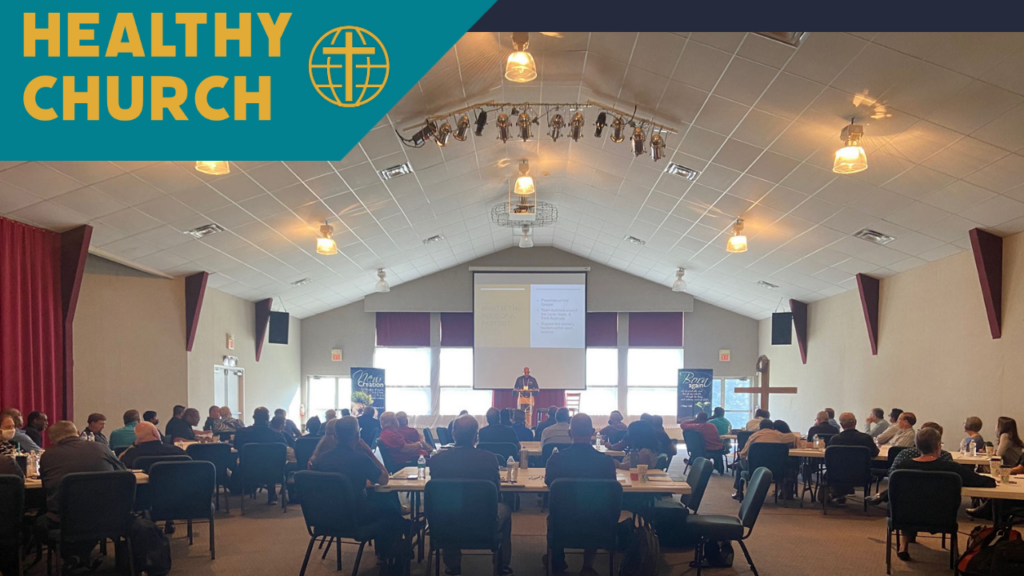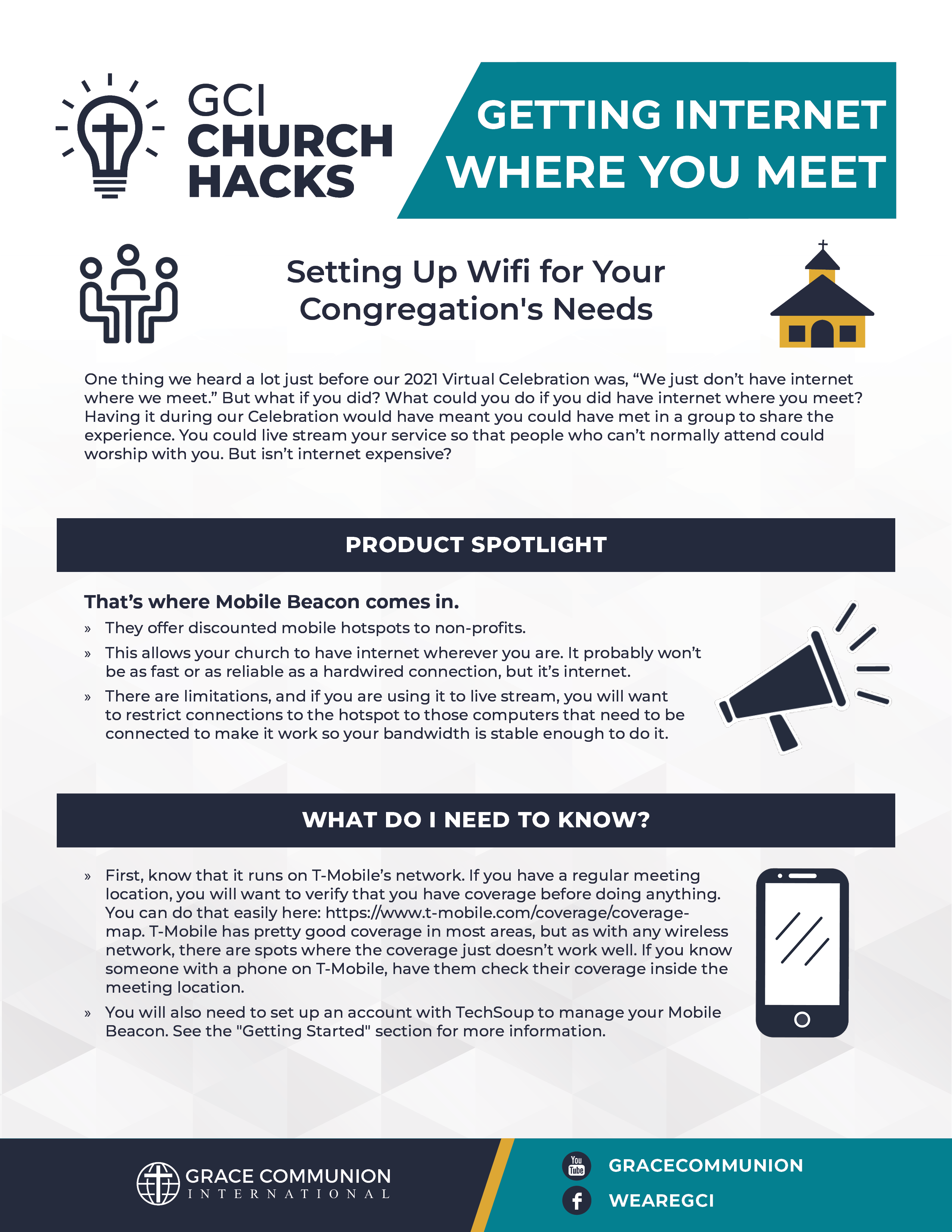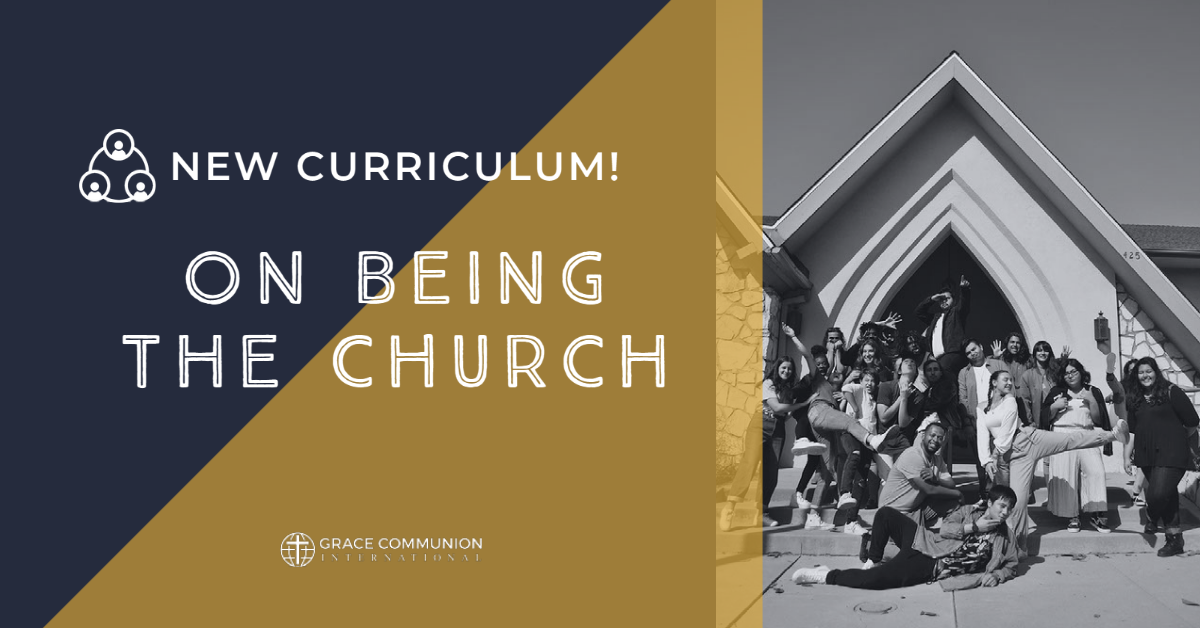Speaking Of Life 4001 | Hope is the Final Word
Speaking Of Life 4001 | Hope is the Final Word
Greg Williams
When we think of passages to read for Christmas, we usually don’t flip straight to Jeremiah. The “weeping prophet” spent most of his career watching Israel be brutally and violently cleansed by Babylon. He was imprisoned, kidnapped, and left in a cistern to die. Not the kind of thing that usually shows up in the kids’ Christmas pageant!
Yet that is where the Advent readings start this year, with a frustrated prophet watching his home burn all around him. Right in the middle of Jeremiah, chapters 30-33, is the strangest collection of songs of hope, surrounded on every side by proclamations of judgment and lament.
Jeremiah writes:
“In those days and at that time I will make a righteous Branch sprout from David’s line; he will do what is just and right in the land. In those days Judah will be saved and Jerusalem will live in safety. This is the name by which it will be called: The Lord Our Righteous Savior.”
Jeremiah 33:15 (ESV)
Jeremiah spent most of his career – forty years or so – delivering bad news. He’d rebuked the people and warned them over and over of God’s wrath to come. He’d written, spoken, and even done some memorable street theater in some parts to get them to turn around. And it seemed to fall on deaf ears.
But it’s here, in the middle of all this, that he brings a message of hope. He brings the message that this harshness, this brokenness all around them will not have the final word. They are in pain and danger now, but tragedy is not the bedrock of the universe. That bedrock is hope.
Jeremiah prophesies about the future day, and the harmony of Jerusalem. In this message of hope from the Lord, Jeremiah also speaks of the righteous branch that sprouts from David’s line. It’s unsure if he even had a dim idea that he was describing Christ, but he too must have been encouraged by this message of hope which speaks of the Lord, our Righteous Savior.
Jeremiah’s message fits perfectly in our advent readings! We see the prophecy, centuries away from the event, of that righteous branch who would one day show us God’s heart. And we still find encouragement today, even right in the middle of our own personal pain and tragedy, that all of the tears are temporary, and that our great hope is the final Word—Jesus.
May God bless your season of Advent with his hope.
I’m Greg Williams, Speaking of Life.
Psalm 25:1-10 • Jeremiah 33:14-16 • 1 Thessalonians 3:9-13 • Luke 21:25-36
Our theme for this Advent week is hope is the final word. In the call to worship Psalm, the poet reminds himself that God has been keeping his promises since the beginning and will continue. Jeremiah talks about the “Branch to spring up from David” – singing hope as Israel burned around him. In his first Thessalonians letter, Paul reminds them of Jesus’ second coming and their great hope to persevere. In Luke 21, Jesus prophesies about the horrible destruction of the temple in A.D. 70, and how the hope of the Son of Man will triumph even then.
On Permanent Sojourn
Luke 21:25-36
Begin with a reading of Luke 21:25-36. All scripture quoted here is from the English Standard Version.
One of the cinematic methods used to show a great war is through flashes of violent scenes shown in quick succession. The destruction of Jerusalem in A.D. 70 could be shown by such flashes from a writer of the time:
- “and made the whole city run down with blood, to such a degree indeed that the fire of many of the houses was quenched with these men’s blood.”
- “Round the Altar the heaps of corpses grew higher and higher.”
- “Crowded together around the entrances many were trampled by their friends, many fell among the still hot and smoking ruins.”
- They slew those whom they overtook, without mercy.” Josephus
These brutal images – and these are some of the less brutal ones – paint a picture of a merciless scene. Rome, the biggest superpower in the world, brings their full force to bear on one religious minority.

The temple that Herod rebuilt, often called the Second Temple, was a wonder of the ancient world. It was over 470,000 square feet and over a hundred feet high. It was the central nerve of Jewish religious life and contained the Holy of Holies – God’s connection point with earth. By the time of its destruction, it had stood for about 500 years, and for most people it was considered as solid and eternal as the sun itself.
Jesus’ words, spoken a few decades before all this happen, describe this day of devastation:
And there will be signs in sun and moon and stars, and on the earth distress of nations in perplexity because of the roaring of the sea and the waves, people fainting with fear and with foreboding of what is coming on the world. For the powers of the heavens will be shaken. And then they will see the Son of Man coming in a cloud with power and great glory. Now when these things begin to take place, straighten up and raise your heads, because your redemption is drawing near. (Luke 21:25-28 ESV)
These words are often mistaken as referring to the Second Coming itself, but more likely they are referring to the destruction of the temple – this brutal battle that followed the death and resurrection of Jesus by less than a generation.
Let’s look at this today and see how we can learn from these ancient – and fulfilled – prophecies. But we need to start with the right question, and not reactively pillage this passage for what it might mean to us and leave behind what we don’t understand. The first thing we need to ask about this passage should always be our first question:
- What does this tell us about Jesus?
Then, and only then, can we move on to…
- What does this tell us about the people of God?
- What does this tell us about ourselves?
What does this tell us about Jesus?
This should always be our first question when we approach Scripture – not how this applies to us but how it applies to God. What does it teach us about who Jesus is and after that, how do we apply ourselves to that reality?
This might be a disorienting reading for the beginning of Advent – the incredibly violent destruction of an ancient artifact. But let’s hold off judgment for a moment and see how it is entirely appropriate to start our first Advent theme: hope.
And there will be signs in sun and moon and stars, and on the earth distress of nations in perplexity because of the roaring of the sea and the waves. (Luke 21:25 ESV)
Jesus starts here with a striking image, using a special kind of speech/writing that appears in several places in the Bible and was in wide use at the time – the apocalyptic. The sun, the moon, stars and sea – all of these will be shaken out of place. These are metaphors for political and religious structures that seemed to be as sure and predictable as the planets themselves falling apart and deconstructing.
These vivid metaphors were meant to express more about something felt than describe what exactly happened, and that’s what apocalyptic language is. Think about it this way – have you ever had your heart broken? Did the chambers of your heart shatter and the arteries collapse? Nope, but it felt like it.
Depending on your age, think about when…
Here you can add in a national event for your area that was widely felt. For this writer, an American, it would be something like the assassination of President Kennedy, or when the Challenger spaceship exploded, or the morning of 9/11.
The world ended, didn’t it? And yet it didn’t. That’s what Jesus describes here, perhaps with a tear in his eye, as the old way of relating to God ended and a new way took its place. The language in Revelation describes the literal, physical Second Coming and enthronement of Christ on earth, no question. But a lot of the language used is meant to express feeling more than specific events. The events themselves will be the end of the world as we know it, but mapping them out in some kind of detailed timeline is to miss the point of this kind of writing.
Jesus described what was coming shortly, and goes on later in the passage to say that “…this generation will not pass away” until this has happened (verse 31).
There’s a wrong-headed argument against faith that says Jesus predicted that generation wouldn’t pass before the Second Coming. Therefore, the logic runs, Jesus was incorrect in his prediction and therefore fallible and not who he said he was. There are some belabored Christian answers to this critique. But Jesus wasn’t talking about the Second Coming—he was talking about the completion of the coronation of Jesus as King. The temple was destroyed, and Jesus then took over as the connection between God and humanity.
And then they will see the Son of Man coming in a cloud with power and great glory. (Luke 21:27 ESV)
The old has passed away, the new has come. Here Jesus makes a reference to where one of the names for God came from, Daniel 7:
I saw in the night visions, and behold, with the clouds of heaven there came one like a son of man, and he came to the Ancient of Days and was presented before him. (Daniel 7:13 ESV)
Daniel uses that same apocalyptic language to describe the ascension of this strange character, the Son of Man, to sit at the right hand of God. This describes Jesus coming into the kingly place as the temple, the symbol, falls away, and the Reality the symbol was pointing to steps into place.
What does this tell us about Jesus? This strange imagery drives home one of the major themes of Jesus’ life: the kingdom of God has come, and he is the king. His ascension is not just a theological construct or some religious artifact – he is king of Jews, of the Christians, of the world.
What does this tell us about the people of God?
Jesus was talking about his coming to take over as king of God’s kingdom. But the lingering question stands out: What does the destruction of the temple have to do with us today, right now? Again, we have to step back to look at the whole story of the people of God.
As modern Protestants, we misunderstand our history as God’s people regularly. We have a tendency to think that God gave the Law, the Israelites couldn’t keep it, and then Jesus had to clean up the mess.
From before Eve reached out for the fruit on the tree, God had written the plan for humanity. He chose from among fallen humanity one person, then one family, then one nation. Then from that nation, one lineage, and from that one family, the womb of a faithful teenage girl. All the practice of Judaism through all those centuries was part of the process of God coming to us in Jesus. It’s one long continuous story that culminates in Jesus. Nothing was wasted.
The symbol of the temple, like the wedding plans a girl might keep before she gets married, or the bike a boy rides before he drives a car, gives way when the Reality comes. But this doesn’t mean for a moment that the symbols weren’t important, just that they are, as Jesus said, “fulfilled” in him (Matthew 5:17).
Then let those who are in Judea flee to the mountains, and let those who are inside the city depart, and let not those who are out in the country enter it. (Luke 21:21)
In making what looks like a passing comment here, Jesus expresses the new reality of how the people of God will relate to him. He tells God’s people – God’s chosen people – to run away from Jerusalem. He’s pointing to the fact that now the people of God will worship him in spirit and in truth, not in a building. The presence of God now dwells with the people of God in fellowship with each other, not in a room shrouded by a curtain, as it was in the Holy of Holies.
And there will be signs in sun and moon and stars… (Luke 21:25 ESV)
This is not an uncommon image in apocalyptic language. The sun and the moon – the predictable dividers of day and night, the mainstays of the universe – will be disrupted. The very gravity of the universe shifted and our coordinates will never be the same – our points of reference are all gone.
Jesus tells them that something new is happening, and the Lord of Jerusalem is restored as the Lord of the Universe. The story of the people of God goes from shadows and promises into full relationship.
What does this tell us about ourselves?
Only after we’ve applied this passage to God and to the greater story of the redemption can we bring it home to our own lives. The “living and active” word of God speaks to us continually, as we’ve seen in the story of redemption from Eden to Israel to today. What does this apocalypse (which comes from the Greek word for “uncover” and “reveal”) uncover about us?
One of the most important points, as we’ve already discussed, is our connection to the people of God. We are brothers and sisters with all those before, even before Jesus, and are part of God’s plan for the universe.
Another theme in this short passage is to keep watch:
But watch yourselves lest your hearts be weighed down with dissipation and drunkenness and cares of this life, and that day come upon you suddenly like a trap. (Luke 21:34 ESV)
Jesus tells us about being aware, and to be ready, and to realize the fragility of what we think is forever. Jesus was prompted to this discussion by someone pointing out how beautiful the temple is. As we said, it was a wonder of the ancient world (not one of the Seven Wonders, but still famous). The temple was as sure as the sun and the moon, and then it was gone.
If you’ve ever seen something you thought was for sure suddenly fall apart, you know it’s a special kind of trauma. Many of us watched the World Trade Center – an icon of financial triumph – fall to the ground in a cloud of dust and fire. We’ve watched relationships crumble, stable organizations fall apart and the whole world grind to a halt when the virus came in 2020. These institutions aren’t wrong within themselves – they are the way the world runs – but a problem arises when we take them for granted, to trust them more than we trust God.
Keep watch, know that nothing is forever in the world because this world, as it is, is not our permanent home. This gives us a certain freedom – we don’t have to be beholden to trends and fads because we know where our identity lies. We don’t have to be fixated with the next promotion or the measly bit of spotlight we can catch, because we know that our worth comes from far beyond these things.
This sense of fragility gives us freedom as well as responsibility. Jesus calls us to keep watch, to not be inebriated by the pleasures and entertainment of the world, but to hold the world with an open hand, knowing it’s not permanent. Rather than get distracted by vying for the spotlight or anesthetize ourselves with shopping and diversion, we keep watch to know that God is on the move and we want to be where he is.
What does this tell us about Jesus? – Jesus is the king who came to power after old ways fell away. The symbol was obsolete when the Reality it signified arrived.
What does this tell us about the people of God? – This first coming of Jesus started a new era of God relating to humanity. Rather than in a temple, we worship in spirit and truth. Rather than being confined to a particular people group, the body of Christ stretches across the world.
What does this tell us about ourselves? – This cataclysmic event tells us that all our institutions—even the religious ones—aren’t permanent. The fragility of this world is absolute, and we look forward to an eternal kingdom.
Questions for Sermon: On Permanent Sojourn
- Did you ever have your heart broken when you were a younger person? Do you remember feeling like the world was going to end? (share stories)
- We talked about Jesus using the language of the “apocalyptic” in describing the destruction of Jerusalem and the temple. This is a mode of description more concerned with feelings than specifically describing events. It’s similar to saying “my heart is broken.”
- Do we often think of the reality that Jesus is king, that he is “the Son of Man coming in a cloud” (Luke 21:27)? We live in a time when everyone claims their “own truth” and often does not believe that there’s one coherent truth about the universe. How do we, in this time, lift up Jesus as king over all in a way that’s loving and graceful?
- We live in a time when theologians say God’s kingdom is “already, but not yet.” Jesus brought in the kingdom, but it’s not here all the way, and won’t be until the second coming. What does it mean to live in this kind of tension? How do we live as the kingdom and wait for it at the same time?
Questions for Speaking of Life: “Hope Is the Final Word”
- Do you believe that hope has the final word? What does it mean to live as God’s people of hope?
- How do we keep hope in the hard times, like those Jeremiah went through?
- We may think of Jesus as our best friend and comforter, but do we think of him as king of the universe? Does that change our perception?
Quote to Ponder:
“All human wisdom is summed up in two words; wait and hope.” ~ Alexandre Dumas





 By Glen A Weber, Retired Pastor – US Central Region Support Team
By Glen A Weber, Retired Pastor – US Central Region Support Team





 “Cross Generational Care has to be defined in Jesus Christ. Because wholeness is in him. He is our true humanity. So, we can’t understand care apart from Jesus. Apart from who he is. Who he has made us to be, and who he is transforming us into. So, a simple way I like to think about the care piece, is discipleship. It is engaging and creating spaces for disciples to be made and for transformation in Christ. Cross Generational care is creating those spaces for discipleship to occur for all generations”
“Cross Generational Care has to be defined in Jesus Christ. Because wholeness is in him. He is our true humanity. So, we can’t understand care apart from Jesus. Apart from who he is. Who he has made us to be, and who he is transforming us into. So, a simple way I like to think about the care piece, is discipleship. It is engaging and creating spaces for disciples to be made and for transformation in Christ. Cross Generational care is creating those spaces for discipleship to occur for all generations”



